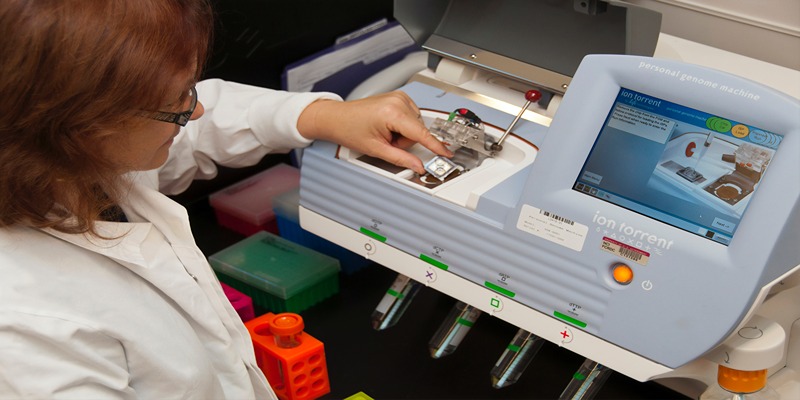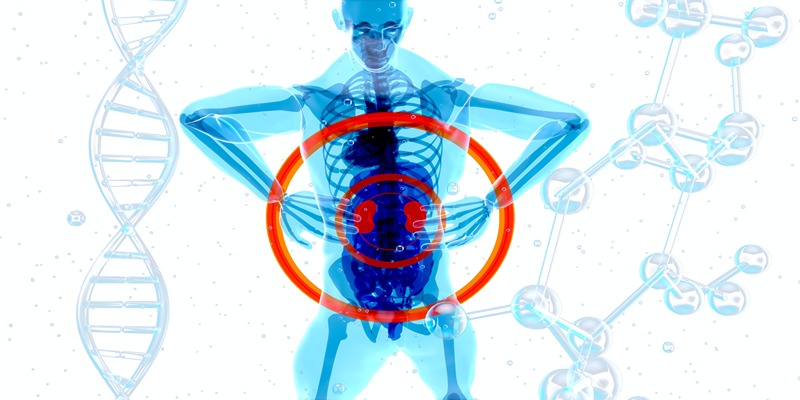A frequent urological ailment, kidney stones may be a source of pain and confusion. Discover everything you need to know about kidney stones in this all-inclusive guide that explores symptoms, causes, and treatments. When minerals such as calcium, oxalate, and uric acid crystallize in the kidneys, they create solid deposits called kidney stones or renal calculi. The passage of these tiny objects—which may be anything from a golf ball in size to a grain of sand—through the urinary system can be a very painful experience. The best way for people to deal with kidney stones is to educate themselves about the ailment, its symptoms, and the many treatment options available.

Kidney Stone Symptoms
Common Signs and Indicators
There are a number of typical indications and indicators that may help determine whether you have kidney stones, however the severity and presentation of these symptoms might vary. Pain that is both intense and intermittent, often felt in the lower back or side, is a common symptom. The discomfort might spread to the lower belly and groin as the stone makes its way through the urinary system. Other common symptoms include an overwhelming need to pee, an increased frequency of urination, and the presence of blood in the urine (hematuria). Additionally, many people report that their urine is hazy or smells bad, and that they feel like their bladder isn't completely emptying when they urinate. The time to seek medical help and start the diagnostic procedure is when these symptoms are recognised quickly.
When to Seek Medical Attention
In order to get a diagnosis and treatment for kidney stones quickly, it is important to know when to see a doctor. Get medical help right away if you're in excruciating pain that won't go away or becomes worse as time goes on. Also, you shouldn't disregard indications of an illness such a urinary tract infection, fever, or chills. You should definitely seek medical attention if you observe the presence of blood in your urine, particularly if it is accompanied by discomfort. Complications and pain from kidney stones may be reduced with early treatments.
Causes of Kidney Stones
Dietary Factors
The development of kidney stones is greatly influenced by dietary variables. Among the several forms of kidney stones, those made by calcium oxalate are by far the most prevalent. Calcium oxalate stones may develop if you eat too many foods that are high in oxalate, such spinach, rhubarb, and beets. Similarly, increased calcium output in the urine, which may contribute to stone growth, can be caused by a high diet of salt (sodium). Because concentrated urine is more prone to encourage crystal development, dehydration may also play a role. People who don't drink enough water may be more likely to get kidney stones.
Lifestyle Influences
Kidney stones might be more likely to form if you engage in certain lifestyle variables. A lack of physical activity may lead to calcium building up in the urine, which can facilitate the formation of stones. However, exercise and other forms of regular physical activity may aid in stone prevention by improving calcium utilization. Furthermore, obesity is linked to an elevated risk of kidney stones because it may cause an increase in urine calcium levels and a reduction in citrate levels, which naturally prevent stone formation. For this reason, it may be crucial to take preventative measures such as eating well and exercising regularly to maintain a healthy weight.
Medical Conditions and Risk Factors
Some people are more likely to develop kidney stones than others due to a combination of medical issues and risk factors. One such factor is a hereditary susceptibility to kidney stones, as shown by a family history of the disease. A higher risk of stone formation is associated with certain metabolic diseases, such as hypercalciuria, cystinuria, and hyperoxaluria. Stones may form when the intestines have trouble absorbing calcium and oxalate; this might happen in people with Crohn's disease or after gastric bypass surgery, for example. In addition, taking diuretics or antacids, or experiencing repeated UTIs, can raise your chances of developing kidney stones. Individuals and healthcare professionals must have a thorough understanding of these medical diseases and risk factors in order to devise effective methods for prevention and treatment.

Treating Kidney Stones
Medical Interventions and Procedures
Several medical treatments and procedures are available for the treatment of kidney stones; the ones chosen will depend on the stones' size, location, and composition. A non-invasive technique that employs shock waves to split big stones into smaller, more manageable pieces is extracorporeal shock wave lithotripsy (ESWL). Minimally invasive treatments such as ureteroscopy or percutaneous nephrolithotomy (PCNL) may be required for bigger stones or for those that do not respond to ESWL. In these methods, a tiny tube containing a camera is inserted into the kidney or the urinary system in order to dissolve or remove the stones.
Dietary and Lifestyle Modifications
If you want to keep kidney stones from coming again, your doctor may suggest making some changes to your diet and way of life. To keep your urine volume appropriate and lower your risk of stone development, drink plenty of water—about 8 to 10 glasses daily. Dietary restrictions on salt, animal protein, and oxalate-rich foods may also be recommended by healthcare practitioners. Some forms of stones may be prevented by eating foods that are rich in citrate, such as oranges and lemons. Eating a diet rich in fruits and vegetables, which supports kidney function in general, may also help. You may further lower your chance of stone recurrence by making lifestyle changes including exercising regularly and managing your weight.
Home Remedies and Pain Management
Kidney stones may be painful, but there are home cures that can help. A soothing drink of warm water may ease discomfort and calm the urinary system. Furthermore, doctors may prescribe NSAIDs (over-the-counter pain medications) such as acetaminophen or ibuprofen. It is possible to administer antibiotics for UTIs caused by kidney stones. The use of a heating pad has been shown to alleviate discomfort for some people. If you are worried about infection or the pain is severe and continues, it is crucial to visit a healthcare expert before utilizing any home treatments.
Conclusion
All the way from the signs and symptoms to the causes and treatment options of kidney stones, we've covered it all in this detailed guide. Individuals may take charge of their own health by learning more about this ailment and how to avoid and manage it. Although kidney stones may be rather painful, they can be effectively treated with the correct method. Relief and prevention of recurrence may be achieved by medical treatments, changes to one's diet and way of life, or even through the use of home remedies. Armed with information, one may confidently face the obstacles of kidney stones and begin the journey towards improved kidney health and general wellness.

How Much Caffeine in Coffee
Dec 20, 2023

Comprehensive Guide to Carbohydrates
Jan 02, 2024

The Ozempic Equation: Does Age Influence Its Effects?
Oct 02, 2023

Identifying Good and Bad Carbs for Healthier Eating
Dec 12, 2023

Why Kelp Deserves a Spot in Your Kitchen: Top 8 Health Benefits
Jan 08, 2024

Beginner's Roadmap to Starting Cardio Workouts
Dec 18, 2023

Effective Shoulder Strengthening Exercises for Robust Musculature
Nov 09, 2023

Pilates Reformer Workout for Beginners
Jan 02, 2024



